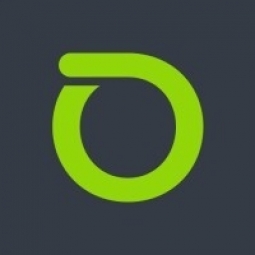NETSCOUT
Case Studies
Prominent Eastern European Service Provider Turkcell Maximizes Its 4G/LTE Wireless Network Performance and Service Delivery
Overview
 |
Prominent Eastern European Service Provider Turkcell Maximizes Its 4G/LTE Wireless Network Performance and Service DeliveryNETSCOUT |
Networks & Connectivity - Cellular Networks & Connectivity - Network Management & Analysis Software | |
Telecommunications | |
Logistics & Transportation | |
Real-Time Location System (RTLS) | |
System Integration Testing & Certification | |
Operational Impact
| Turkcell now has a complete service assurance platform that provides rapid triage while optimizing performance of mobile services. | |
| It no longer has to endure helter-skelter problem identification, which extended MTTK and caused friction within the operations team. | |
| Besides the obvious enhancement of possessing a holistic view of service dependencies and interrelationships, it has increased agility in solving performance issues while simultaneously increasing ROI in both the short- and long-term, and has markedly enhanced end-user experience. | |
Quantitative Benefit
| Diminished time spent in the war room, resolving incidents from 30+ hours to a maximum of 5-10 hours per incident. | |
| Improved problem identification rate by 75 percent or more. | |
| Reduced overall time spent troubleshooting service issues by 75 percent or more. | |


